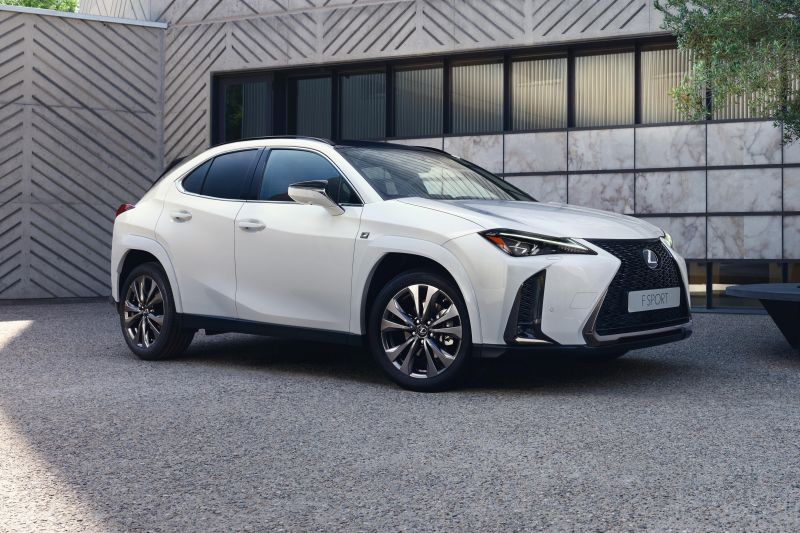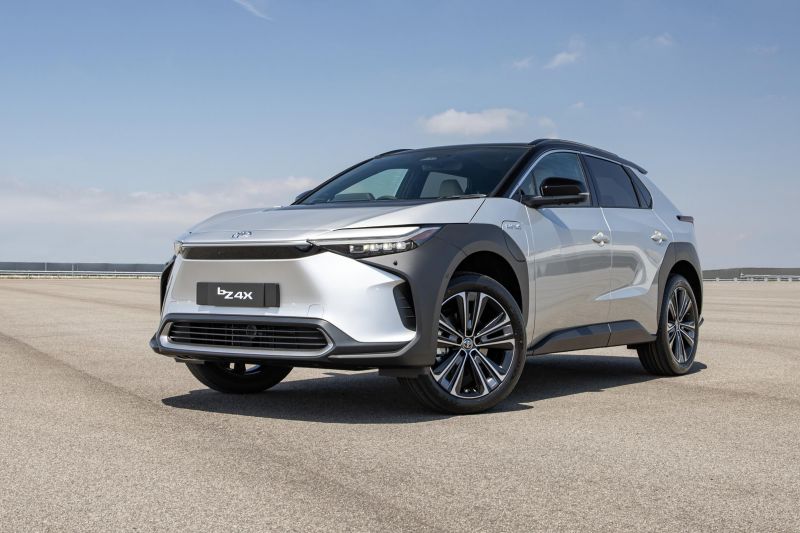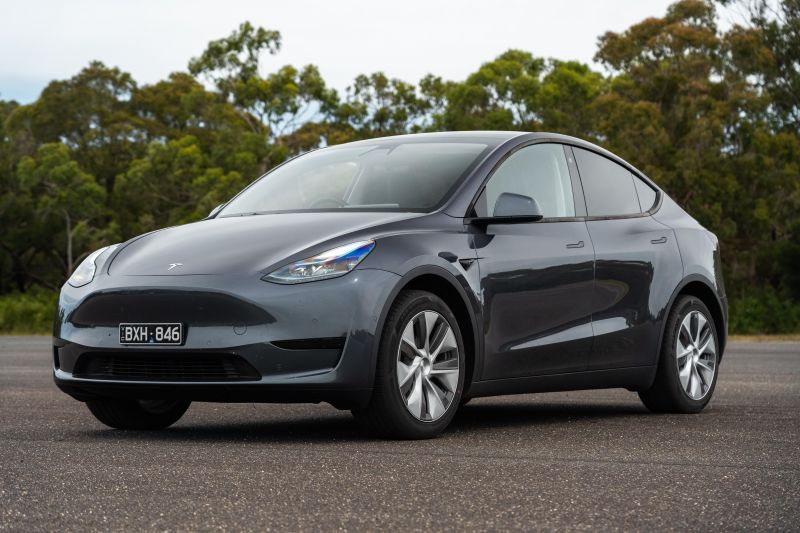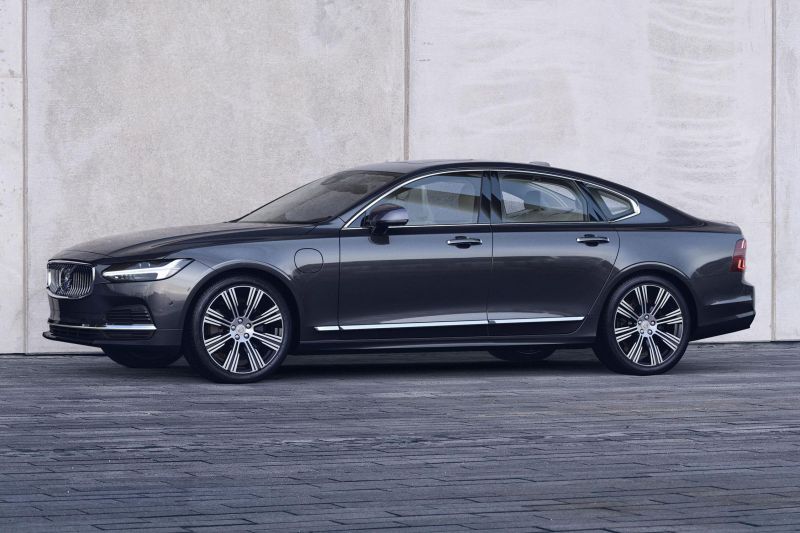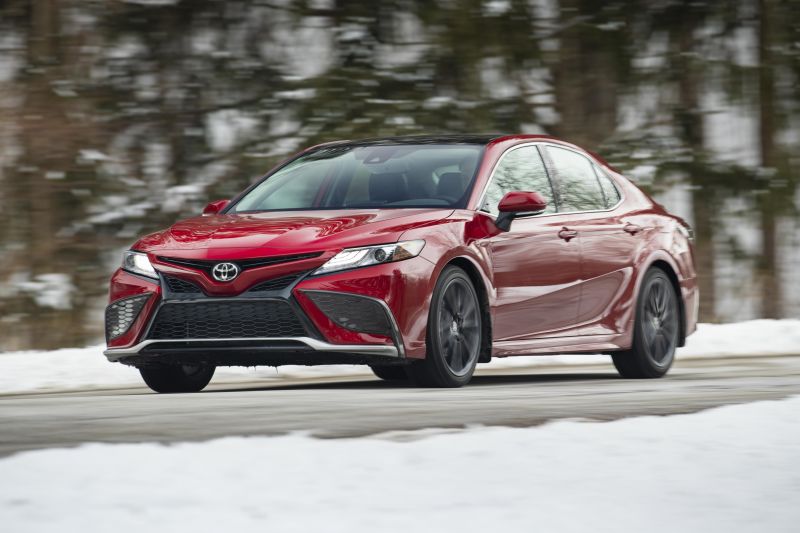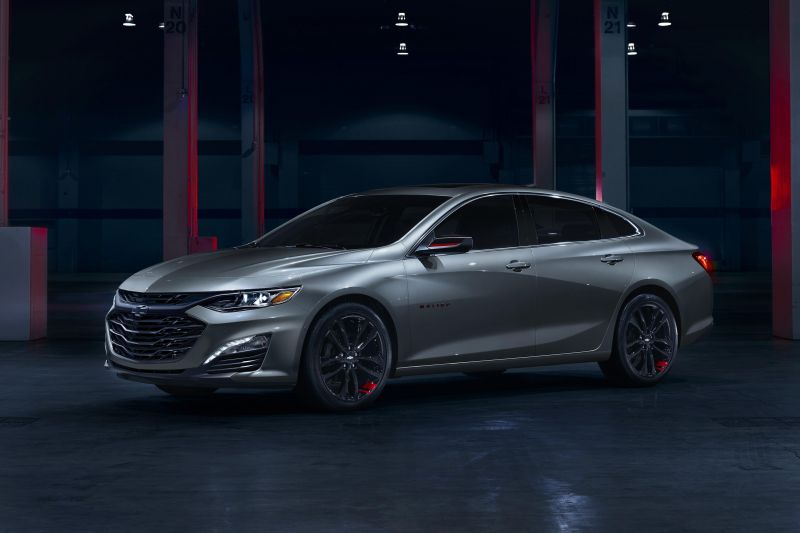A new study paints a surprising picture on electric vehicle (EV) reliability, while also revealing which brands are letting consumers down.
Despite EVs having a more simple drivetrain compared to cars powered by an internal combustion engine (ICE), a reliability study by US publication Consumer Reports says they actually present more problems.
Consumer Reports surveyed owners of more than 330,000 vehicles. Vehicle model years range from the year 2000 to 2023, with a small number being newly released 2024 models.
This year, the organisation revised its study in order to address the growing number of EVs and hybrids on sale. 12 potential problem areas have been identified for EVs, with hybrids having 19 potential problem areas and plug-in hybrid electric vehicles (PHEV) having 20 potential problem areas.
For contrast, the study states that ICE powered vehicles have a baseline of 17 potential problem areas.
Problems areas can range from minor annoyances like poor interior build quality, to major mechanical failures.
One could assume that this study could therefore present EVs as a more reliable mode of transport compared to ICE vehicles. However, the opposite is reportedly true.
Over the last three model years, the study found EVs have 79 per cent more problems on average than ICE vehicles, with plug-in hybrids averaging 146 per cent more problems than ICE vehicles.
According to the study, the only electrified drivetrain to exceed the reliability of traditional ICE vehicles is the conventional hybrid, with 26 per cent fewer problems.
Out of the hybrids, Toyota products put in a strong showing with the UX and NX hybrids from Lexus, as well as the Camry, Highlander (Kluger) and RAV4 hybrids ranked among the most reliable.
Despite plug-in hybrids falling short with average reliability, standouts included the Toyota RAV4 Prime (not sold in Australia) and the Kia Sportage which scored above average reliability rankings.
One significant contributing factor in the poor showing of EVs in the study is the newness of so many EVs on the market.
Generally, the longer a model or particular type of powertrain has been on sale, the more kinks are ironed-out by the manufacturer.
Consumer Reports recorded numerous electric models developing problems as automakers continue to electrify fleets. For example, some problem areas include the drive motors, EV charging systems and EV batteries.
Owners of the Ford F-150 Lightning and Mustang Mach-E, Genesis GV60, Hyundai Ioniq 5, Kia Niro EV and EV6, the Subaru Solterra and Toyota bZ4X cousins, and the Volkswagen ID.4 have all reported some issue with those systems.
The study by Consumer Reports also compares automakers against each other.
This year, the report presents Lexus as the most reliable automaker, followed by parent company Toyota in second place, with Mini occupying the final podium position.
Acura (Honda’s luxury brand) placed fourth, with Honda taking fifth place.
Chrysler is at the wrong end of the spectrum placing last behind Mercedes-Benz, Rivian and Volkswagen.
Tesla was mid-pack, though its Model 3 and Model Y were called the “sweet spot in the automotive industry when it comes to building electric cars” by Jake Fisher, senior director of auto testing at Consumer Reports.
“While Tesla is still a relatively new car company, it has more experience producing EVs than any other automaker,” he added. The study did note, however, US-market Teslas – sourced from the company’s US factories – suffered “a lot” of build quality issues such as broken trim and door handles.
Nevertheless, the Model Y was given recommended status by Consumer Reports for the first time.
Comparing regions, Asian automakers lead the pack by a healthy margin with an average score of 63 out of 100 for the region. The study reports that seven out of the ten most reliable brands come from Asia.
It’s worth noting however, that Chinese vehicles are extremely under-represented in the American study. Not a single Chinese brand sells vehicles in the US, though there are various Chinese-built vehicles sold there including Polestar and Volvo models.
European automakers trail behind Asia in second place, with a score of 46 out of 100. Mini, Porsche and BMW are the European manufacturers featuring in the top ten most reliable makes.
American manufacturers round out the standings with a score of 39 out of 100.
Breaking it down further into reliability rankings by category, sedans come out on top with a rating of 57 out of 100. SUVs finish second with a rating of 50 out of 100.
“Sedans have fallen out of favour with consumers, but as a class they are very reliable,” said Mr Fisher.
“They often have less of the latest technology and features that can cause problems before the bugs are worked out.”
To collect the data, Consumer Reports weighs problems in terms of severity per vehicle from 1 to 100. Additionally, Consumer Reports considers data from its own track testing, safety data and owner satisfaction results.
The data for each vehicle is then grouped by manufacturer, from which the brand reliability score was calculated.
For this report, the brand reliability score was taken from averaging the results from 2021 to 2023. Some early data from 2024 was also included, where there was a sufficient sample size.

